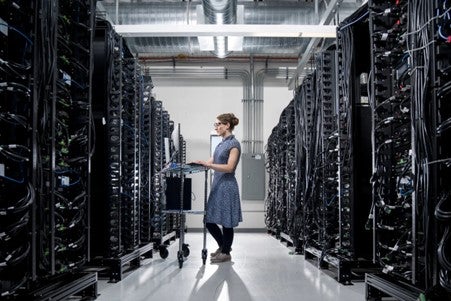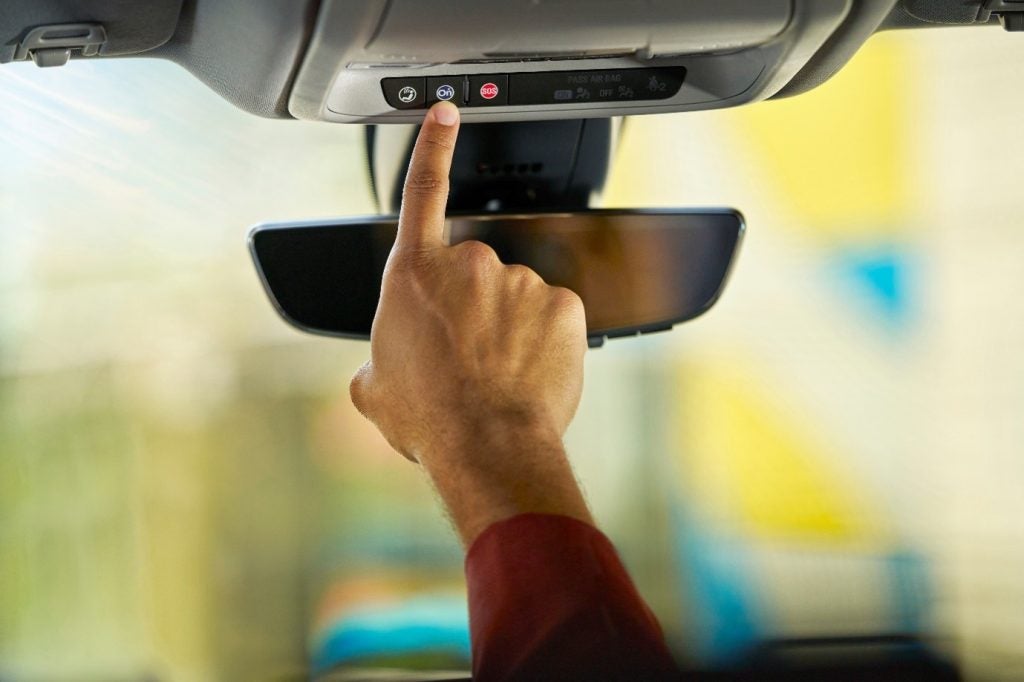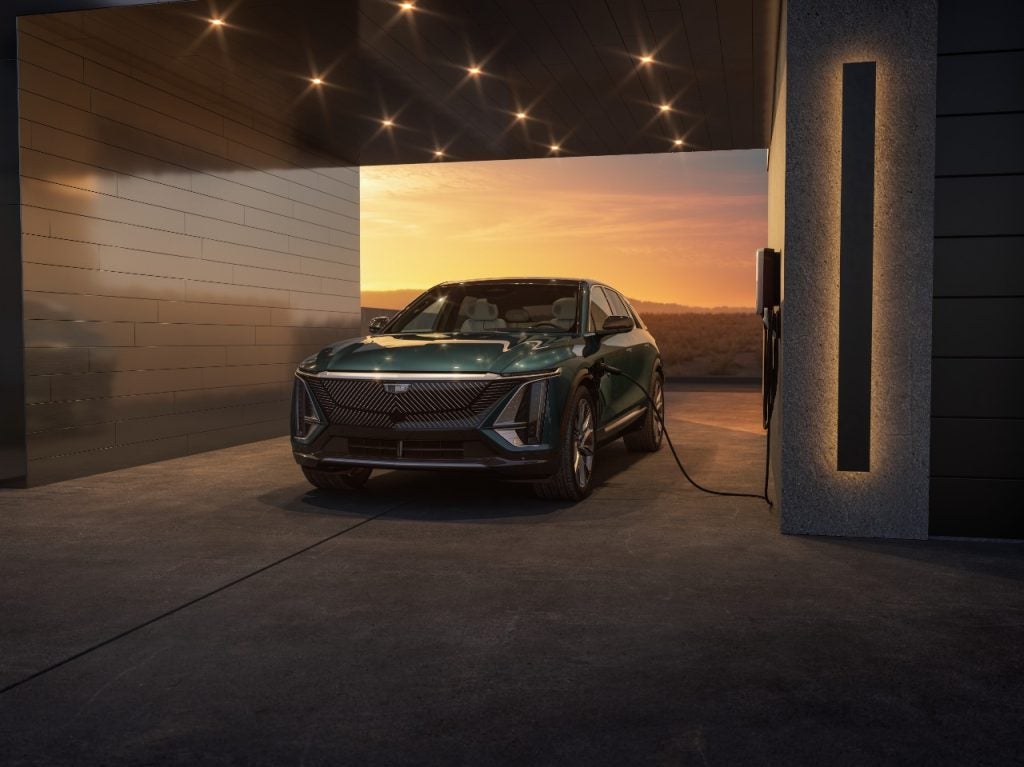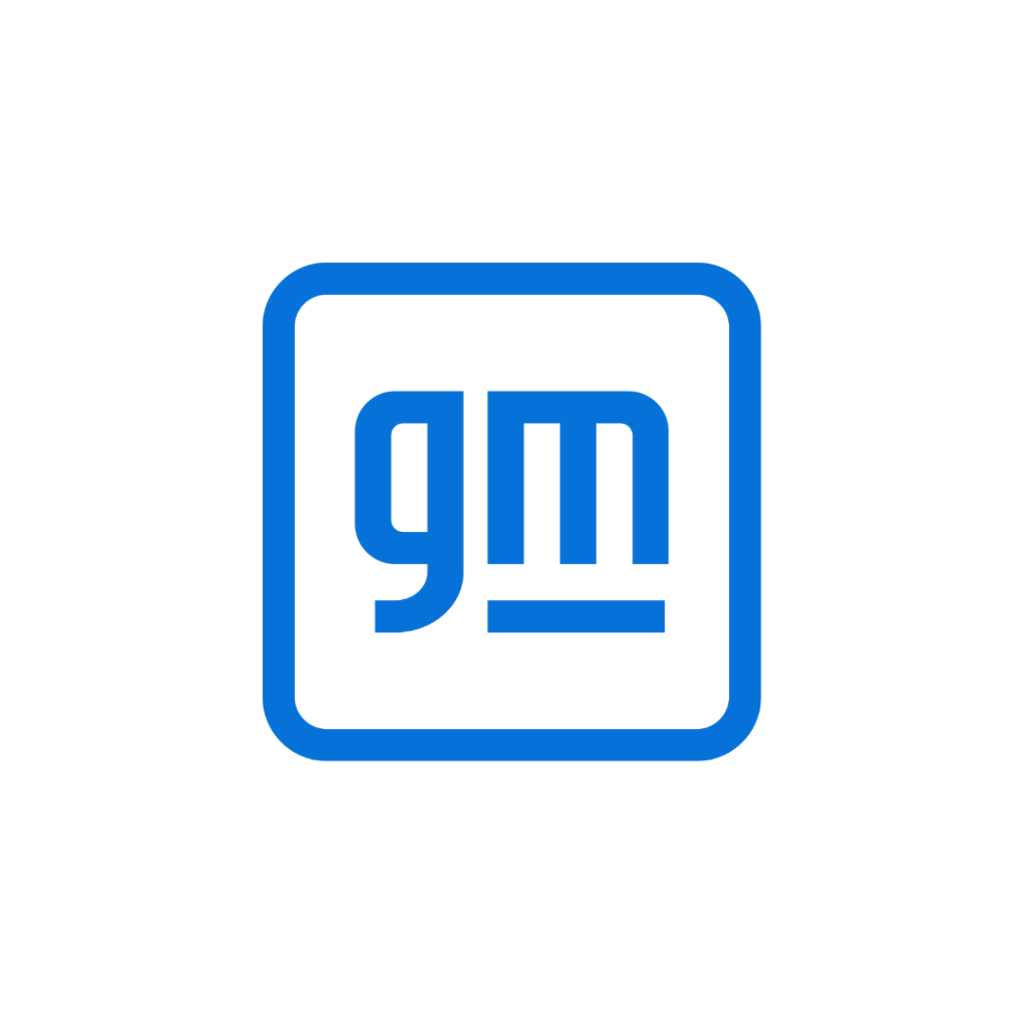
General Motors (GM) has taken the lead in a US$60m Series B financing round for battery materials startup Mitra Chem to develop affordable batteries for electric vehicles (EVs).
The startup would develop new batteries using iron-based cathode active materials (CAM), such as lithium manganese iron phosphate (LMFP), which are compatible with GM’s Ultium platform.
LFP based cells offer production cost advantages and a reduced reliance on cobalt compared to common nickel cobalt manganese (NCM) batteries. However, due to lower power density, EVs using LFP cells require more of them, resulting in added weight to achieve a similar range as conventional battery models.
GM’s investment would speed Mitra Chem’s operational growth and fasttrack the introduction of its battery materials.
“Our battery materials R&D facility can synthesise and test thousands of cathode designs monthly, ranging in size from grams to kilograms,” said Mitra Chem CEO Vivas Kumar.
“These processes drive significantly shorten learning cycles, enabling shorter time to market for new battery cell formulas.”
The lab operates on an “atoms-to-tons acceleration platform.” Using simulations and machine learning models, this speeds up formulation discovery, cathode synthesis optimisation, cell lifetime assessment and process scaling.






